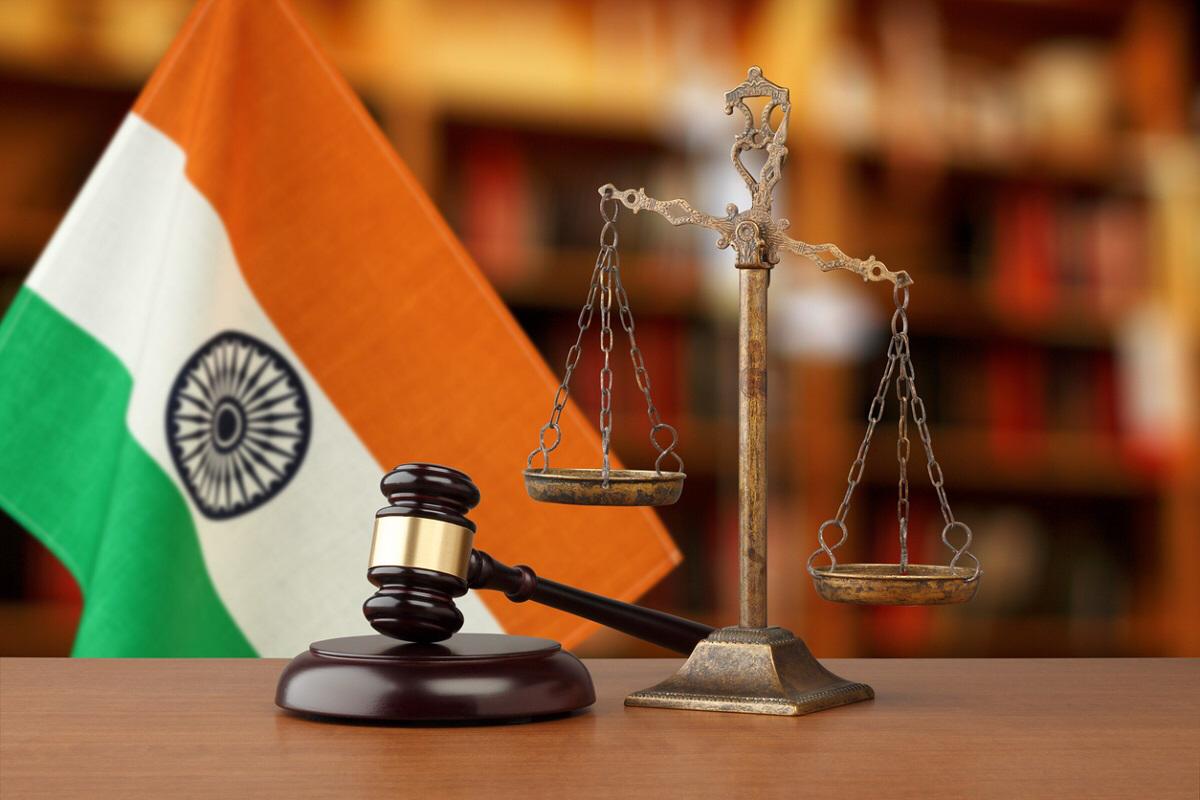“Law determines the direction in which society should move but it is the judiciary which determines the direction in which society actually moves.”
World’s largest democracy is witnessing an unprecedented approach of socio-eco-pol-tech development among the shrinking economic world. With aback economic screening, undermining ethnic diversifications, aggressive political coiling and subtle judiciary has undoubtably raised alarming dilemma in the mind of rationales. The eminent constitution tailors advocated for an independent judiciary as the backbone of the democracy, whereas the legislature is the heart and executives as the brain. Eventually, all the representative democratic organs are expected to upheld the basic and fundamental law of the soil. But, in last 72 years of independence, poor governance and irresponsible parliamentary business has already become a stigma on world’s most suffered and struggled country.
In contrast, Indian judicial system has made an unparallel impressions to procure, preserve and perpetrate the feeling of constitutionalism. Since independence, many a times, it has boldly confronted, and even dared to curtail independent ruler’s rule. However, by keeping judicial principles and its rich ethics as the only guide and ordeal, judiciary has managed to preserve and uphold the constitutionally delegated obligations. In fact, it has maintained an unequivocal impression in our mind by numerous exemplary judgements in Keshavanand Bharti case, Shah Bano case, S R Bommai case, Aruna Shanbaug’s Euthanasia case, LGBT recognition case and via some extra ordinary judicial activism to ensure and strengthen the glorified supremacy and sanctity of the Indian constitution.
Nevertheless, in recent times, Indian judiciary has been continuously criticized for commensality with other pillars of democracy and has been alleged for some serious predicate offences, which are certainly not judicious. It must be remembered that allegations on judicial business alone is enough to taint/demean its hard-earned distinct repute and ultimately leads to construction of trust deficit.
Since 05th August, 2019 judiciary’s tilted approach towards racking the matters of safeguarding and restoring the fundamental rights of the people in newly reorganized union territories can blindly be considered as a gross violation of judicial values. Many sections of the new cartographer’s India have torched serious attention on the (in)dependent attitude of the judicial temple.
Subsequently, the safety valve of the democracy has been openly and violently busting in national capital’s Shaheen bagh, Kashmir, Assam, West Bengal and other integral parts of the nation. Sensitive judiciary’s insensitive silence is penetrating the ears and choking the dreams of former Justice H. R. Khanna.
This is not the first instance when judicial autonomy has faced such cruel reactions. Prior, in Mrs. Gandhi’s “compromised judiciary” issue (1970s), appointment of judges by judges’ issue, Salwa Judum issue, Arushi Talwar double-murder case, surprising silence on Thomson Reuters Survey report, heartbreaking Nirbhaya gang-rape case etc., judicial system has significantly failed to deliver appropriate and time-bound justice. With each mum bench appearance, people are generating resentment towards the temple of judiciary, unfortunately even the judicial god. As a consequence of these unwarranted instances, general public are gradually compelled to “proclaim themselves as police/judges” and involve in violent acts such as mob-lynching, extra-judicial killings (more appropriately murders) in Telangana, and stressing media trials. Such non-judicious aspirations may provide a short-sighted complement but it may unintentionally invite an unwanted parallel judiciary mechanism or a practice of armed justice.
Moreover, President of India has nominated former CJI Mr. Ranjan Gogoi to upper house of parliament which has unnecessarily sparked a new row on independence of judiciary. Was its quid pro quo? Majority don’t think it as an out of the wallet shot. But his post Rajya Sabha’s membership oath, tarnishing remarks on supreme court judges during interviews on national news channel was simply unacceptable from judge of such national fame and of course, a member of elder house. Nevertheless, it may invite him in the witness box too for contempt of court or to provide him at least enough “cooling off” space.
My Lord, judiciary is an entrenched pillar of a healthy democracy and more than 3.5 crore petitioners are crawling in queue in the unimpeachable hope that someday their prayers (in the forms of petition) will be honored and justice will prevail. By lending them in queue for over 10-15 years, their fundamental right of free, fair and speedy trial has been already compromised. But, if the historical trend of tarikh pe tarikh continues for next 10 years, you can simply expect that no one will be profound to deter anyone that I will see you in the court. Unfortunately, this will be none less than 4th bullet on Mahatma.
In gist, the frequent allegations on judicial system can create a long-ranging constitutional fallout in the form of trust deficit. So, the revered judges must recall the glorious history of India’s impartial, impressive and important judicial methodology of delivering ultimate justice. The commensality of executive, legislative and judiciary is absolutely not desirable in a democracy. It’s a peak hour to understand that constitution has an imperative role in declaring India as a republic but it’s the judiciary which is entrusted to abide and strengthen the democratic rights and values of the people in the country.
Vipin Vihari Ram Tripathi
Chief Adviser
Finance and Economics Think Council
